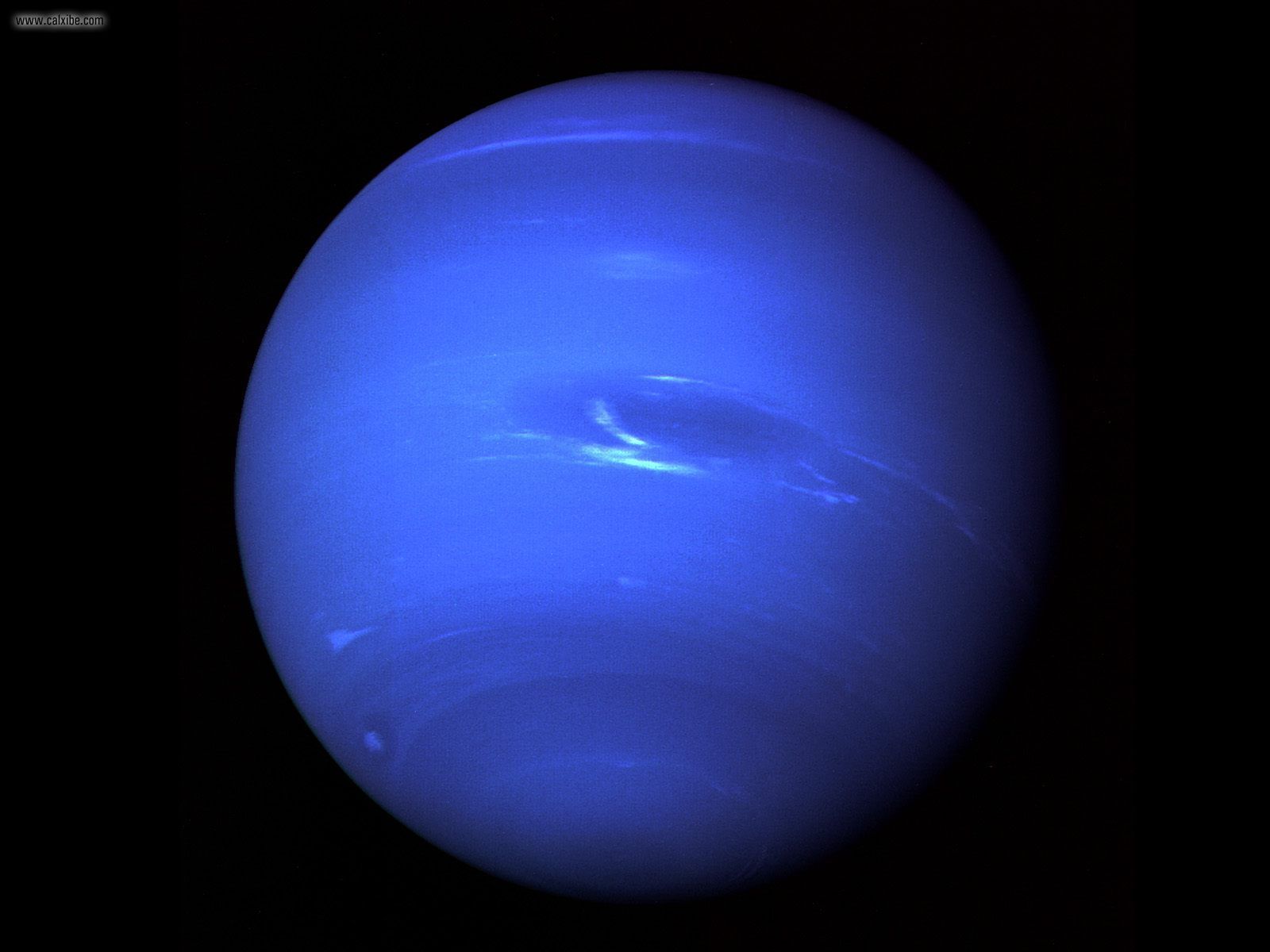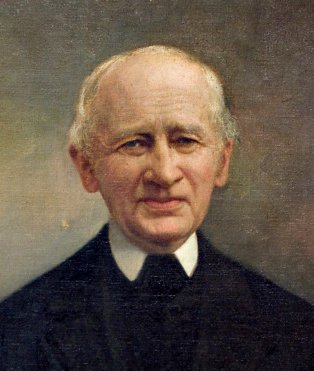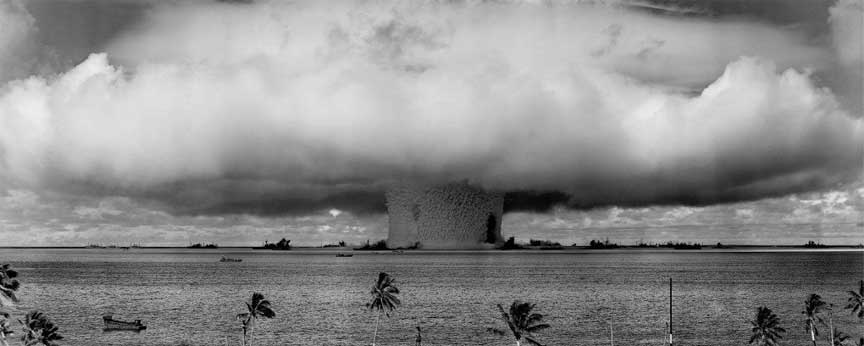
German astronomer Johann Gottfried Galle discovered the
planet Neptune at the Berlin Observatory.
Neptune, generally the eighth planet from the sun, was
postulated by the French astronomer Urbain-Jean-Joseph
Le Verrier, who calculated the approximate location of the
planet by studying gravity-induced disturbances in the
motions of Uranus. On September 23, 1846, Le Verrier
informed Galle of his findings, and the same night Galle
and his assistant Heinrich Louis d’Arrest identified
Neptune at their observatory in Berlin. Noting its movement
relative to background stars over 24 hours confirmed that it
was a planet.
The blue gas giant, which has a diameter four times that of
Earth, was named for the Roman god of the sea. It has eight
known moons, of which Triton is the largest, and a ring
system containing three bright and two dim rings. It completes
an orbit of the sun once every 165 years. In 1989, the U.S.
planetary spacecraft Voyager 2 was the first human
spacecraft to visit Neptune.

1838 painting of the New Berlin Observatory.

Johann Gottfried Galle
(June 9, 1812 – July 10, 1910)
-





